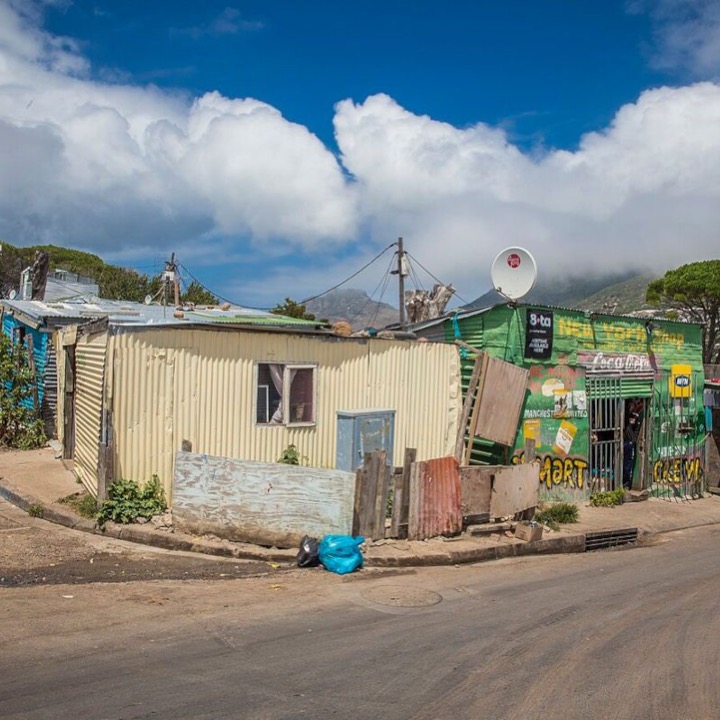Sustainability specialists and environmental protection professionals are expected to grow by 33% and 34% respectively, translating to growth of approximately 1 million jobs globally.
Employers estimate that 44% of workers’ skills will be disrupted in the next five years, with those who do not upskill themselves at the forefront of this disruption. Sustainability specialists and environmental protection professionals are expected to grow by 33% and 34% respectively, translating to growth of approximately 1 million jobs globally. This is according to the WEF Future of Jobs 2023 report, which also states that these predictions are in line with business leaders’ expectations for the green transition and climate-mitigation investments that are expected to drive job growth.
PwC’s newly released publication, Enabling net zero through a green workforce in Africa, outlines how our economies can grow more sustainably by focusing on sustainability and addressing climate change, while also providing new opportunities for the global workforce.When formulating appropriate responses to sustainability matters, it is important to note that there is no one solution, and that drivers and trends are constantly evolving and therefore,a collaborative effort is needed in order to enable the just energy transition.
Marthle du Plessis, PwC Africa Workforce of the Future Platform Lead, says: “Enabling the just transition requires your workforce to become agents of change through applying their understanding of the opportunities and risks that sustainability offers. Engaging in awareness and upskilling programmes will enable your people to apply their knowledge of sustainability to their everyday lives — thus being a true embodiment of your organisation’s sustainability objectives.”
A green workforce is needed to meet governments’ commitments to accelerate the energy sector’s decarbonisation. Our report addresses the need for both technical and commercial skills to enable the just energy transition through the following key insights:
Upskilling the workforce
There’s an urgent need to transition our society to a green economy to address the threat of climate change. We need to zoom in on the skills that power these jobs — green skills — and form an action plan.
Developing workforce expertise and changing behaviour needs three things:
- The knowledge and skills to understand environmental, social, and governance (ESG) risks and act on them in their roles.
- The support to put knowledge and skills into practice in their roles.
- The mindset to collaborate with others when pursuing climate opportunities.
Embedding sustainability skills throughout the workforce through trust-based leadership
The need for trusted leadership is greater now more than ever. “To rise to the challenge of upskilling the workforce to enable the just energy transition will take both a personal commitment and organisational action at scale,” du Plessis says. “It will take collaboration, debate, fresh insights and ambitious thinking.” In our publication we delve into how business leaders can drive the tone from the top and provide four key focus areas.
Bringing people along on the journey
Sustainability upskilling initiatives can be complex, disruptive, and disappointing when they fail to achieve lasting results. Bringing a change lens throughout the process adds the clarity, alignment, and energy needed for sustainable impact.
Our publication also draws attention to the transitioning of the coal mine workforce. Coal is the largest component of mining by sales value and a critically important source of primary energy (electricity and liquid fuels) that drives the South African economy. The long-term transition away from coal can positively contribute to economic growth, restore the environment, and possibly create different jobs for the coal mining workforce.
We also elaborate on what businesses and governments can do to bridge the gap between the capabilities of current employees and the skills that will be needed to drive future growth.
Why does sustainability upskilling matter to employees?
The workforce is changing and one of the most important ways that sustainability is impacting it is in the hiring and retention of skills within an organisation. The workforce will primarily be made up of Millennials and Gen Zs by 2029.
“An increasing number of workers are entering the workforce and looking for companies that share their values”, says Lullu Krugel, PwC Africa ESG Platform Lead. “These generations are more environmentally and socially conscious and more likely to consider a company’s sustainability policies when making job decisions.”
The transition to the green economy requires organisations to take a proactive and intentional approach towards developing a green workforce. “Having the analysis and insight needed to make the right decisions for your people and organisation is more important than ever as businesses prepare and navigate the transition towards net zero. Organisations need to proactively ensure they will have the right skills at the right time,” Krugel concludes.




